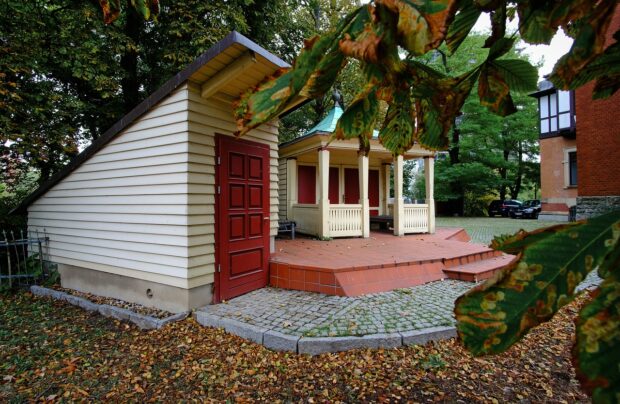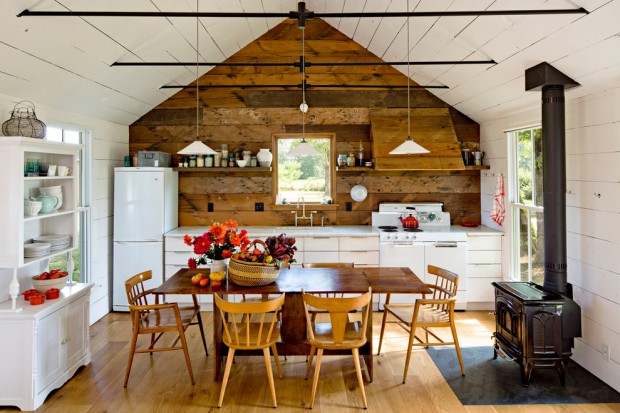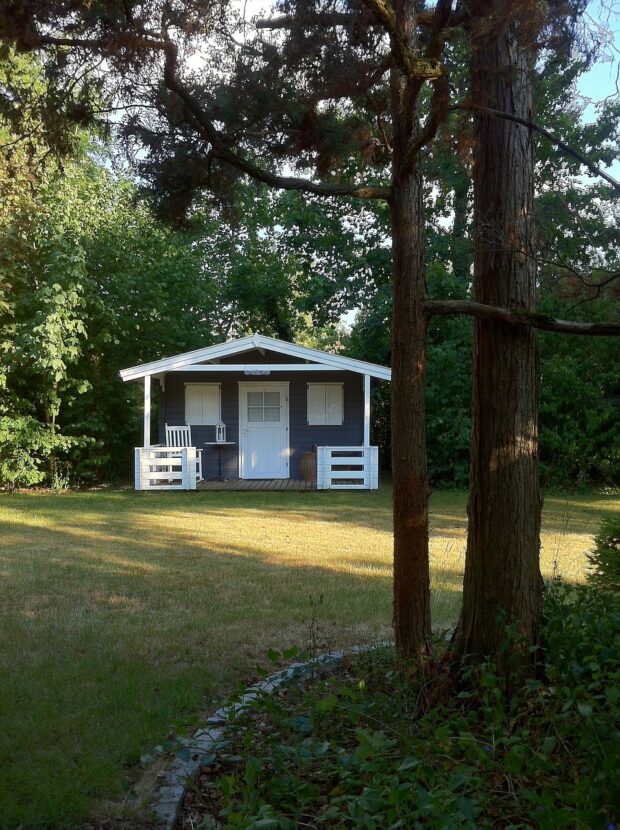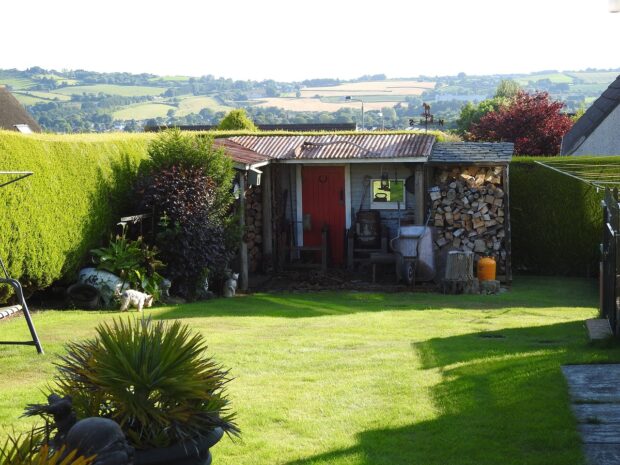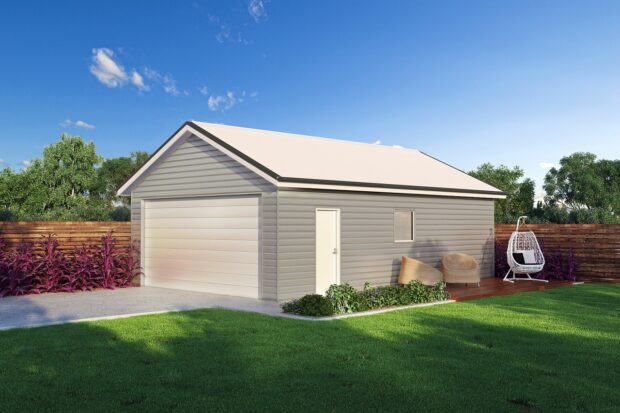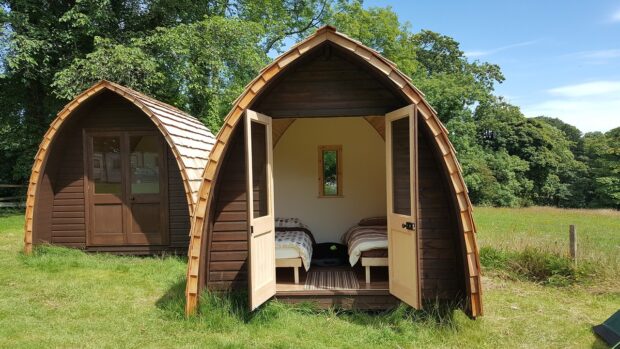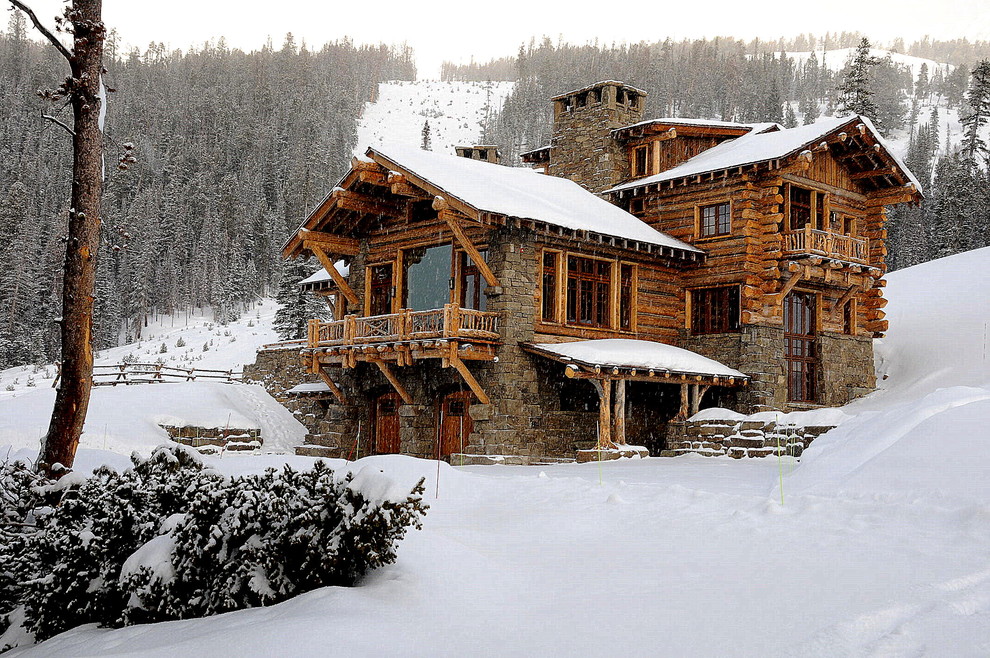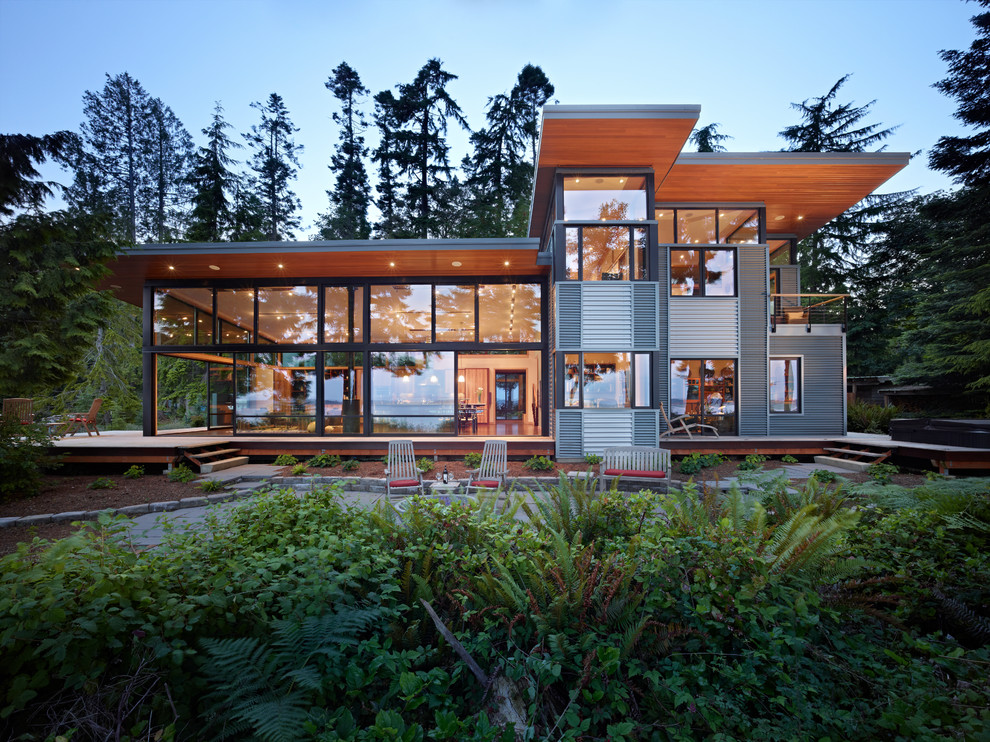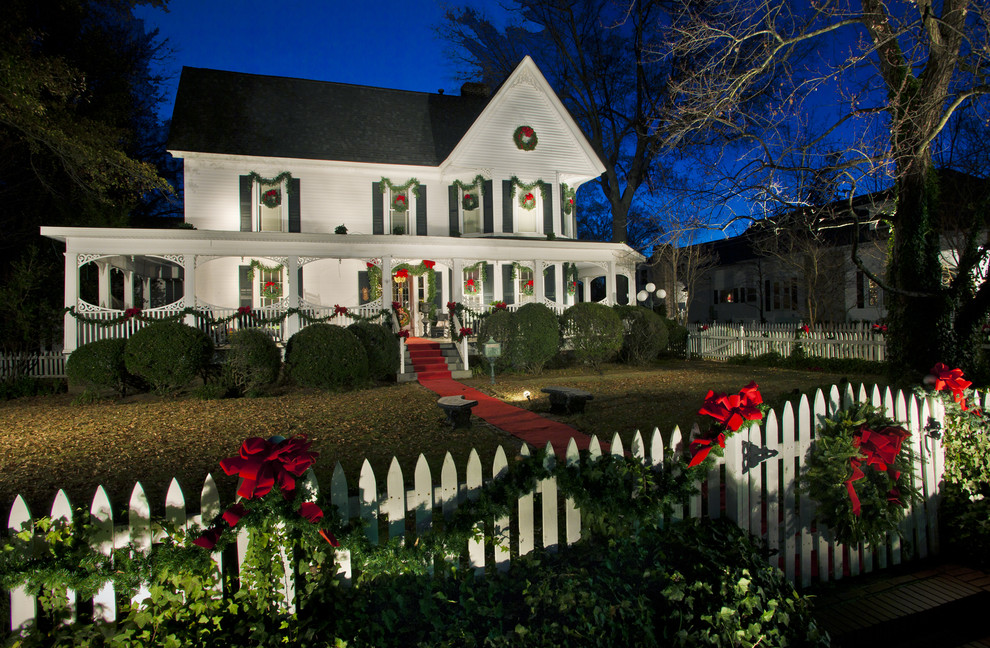Garden suites, also known as accessory dwelling units (ADUs) or granny flats, have been gaining popularity in recent years as a versatile housing option. These self-contained living spaces offer homeowners the opportunity to expand their properties without compromising on their outdoor spaces. In this article, we will explore everything you need to know about garden suites, from their design and construction to their various uses and benefits.
What Are Garden Suites?
Garden suites are secondary residential units located on the same property as the main house. They are generally smaller than the primary residence and can serve various purposes, such as housing elderly family members, providing rental income, or serving as a home office or guest house. The main idea behind garden suites is to offer a separate and self-contained living space that complements the main house.
Benefits of Garden Suites
Garden suites come with several advantages. The experts from Kay2.ca tell us that for homeowners, they offer a source of extra income through renting. They also provide an opportunity for multi-generational living, where family members can live close by but still maintain privacy. Garden suites can also add value to the property, making it more appealing to potential buyers.
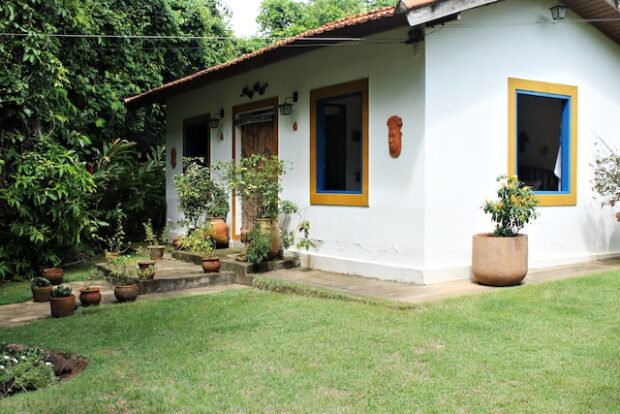
Designing Your Garden Suite
Choosing the Right Location
Selecting the ideal location for your garden suite is crucial. It should complement your existing landscape while adhering to local regulations and setback requirements. Consider factors like access, sunlight exposure, and privacy when determining the placement of your garden suite.
Obtaining Permits and Regulations
Before starting the construction process, it is essential to obtain the necessary permits and comply with local regulations. Different regions have varying rules regarding garden suites, and failure to follow them could result in legal issues.
Design Considerations
When designing your garden suite, prioritize functionality and aesthetics. Create a floor plan that maximizes space and ensures a comfortable living environment. Additionally, focus on sustainable design choices to reduce energy consumption and minimize the environmental impact.
Construction and Budgeting
Hiring Contractors
Hiring reputable contractors is crucial for a successful garden suite construction. Look for experienced professionals who understand the specific requirements of building an ADU. Obtain multiple quotes and check references before finalizing your decision.
Setting a Budget
Develop a clear budget for your garden suite project. Consider all aspects, including construction costs, permits, materials, and any additional amenities. Stick to your budget to avoid unnecessary financial strain.
Timeline for Construction
Establish a realistic timeline for the construction of your garden suite. Factor in any potential delays due to weather, material availability, or other unforeseen circumstances. A well-planned timeline will help you stay on track throughout the building process.
Garden Suite Features and Amenities
Design the interior layout of your garden suite to optimize space utilization. Consider open-concept designs, multipurpose furniture, and efficient storage solutions to create a comfortable and inviting living area.
Energy-Efficient Options
Incorporate energy-efficient features into your garden suite to reduce utility costs and minimize environmental impact. Consider using energy-saving appliances, LED lighting, and proper insulation.
Interior Design Tips
Pay attention to the interior design of your garden suite to create a welcoming ambiance. Use neutral colors, natural materials, and personal touches to make the space feel like home.
Landscaping and Outdoor Spaces
Enhancing the Garden Area
Create a beautiful and functional garden area around your garden suite. Utilize plants, shrubs, and pathways to enhance the aesthetics and provide a relaxing outdoor environment.
Creating Functional Outdoor Spaces
Design outdoor spaces that serve specific purposes, such as a patio for entertaining guests or a garden for growing fresh produce. These spaces will add value to your garden suite and improve its overall appeal.
Renting and Legal Considerations
Renting Out Your Garden Suite
If you plan to rent out your garden suite, be sure to research local rental regulations and tenant laws. Develop a rental agreement that outlines rules and expectations for tenants.
Understanding Legal Responsibilities
As a garden suite owner, you have legal responsibilities regarding tenant rights, safety standards, and maintenance. Stay informed about your obligations to avoid potential legal issues.
Garden Suites as Home Offices or Guest Houses
Transforming Garden Suites for Multiple Uses
Aside from housing, garden suites can be adapted for various purposes. Consider transforming your garden suite into a home office, art studio, or guest house to suit your specific needs.
Garden Suites for Sustainable Living
Eco-Friendly Features and Practices
Explore eco-friendly options for your garden suite, such as solar panels, rainwater harvesting systems, and green roofing. These sustainable features can help minimize your carbon footprint.
Advantages of Sustainable Garden Suites
Sustainable garden suites not only benefit the environment but also offer cost savings in the long run. They can reduce utility bills and increase the overall energy efficiency of the property.
Popular Garden Suite Trends
Modern Designs and Innovations
Stay up-to-date with the latest garden suite trends. Modern designs often incorporate sleek lines, minimalism, and innovative technologies to create stylish and functional spaces.
Utilizing Recycled Materials
Incorporate recycled materials into the construction of your garden suite. This eco-friendly approach adds character to the space while contributing to a greener environment.
Garden Suites vs. Traditional Home Extensions
Comparing Cost and Benefits
Explore the cost implications of building a garden suite versus a traditional home extension. Consider factors such as construction expenses, property value increase, and potential rental income.
Pros and Cons of Each Option
Assess the advantages and disadvantages of garden suites and traditional home extensions. Consider which option aligns better with your specific needs and long-term goals.
Success Stories and Inspirations
Real-Life Garden Suite Examples
Read about real-life success stories where homeowners have successfully built and utilized garden suites. These inspiring tales can offer valuable insights and ideas for your own project.
Creative Uses of Garden Suites
Discover unique and creative ways people have used their garden suites. From art studios to wellness spaces, these examples showcase the versatility of garden suite designs.
Conclusion
In conclusion, garden suites are a fantastic option for homeowners looking to expand their living spaces while maintaining a connection to nature. With their numerous benefits, versatile designs, and potential for sustainability, garden suites offer a practical and rewarding housing solution.

